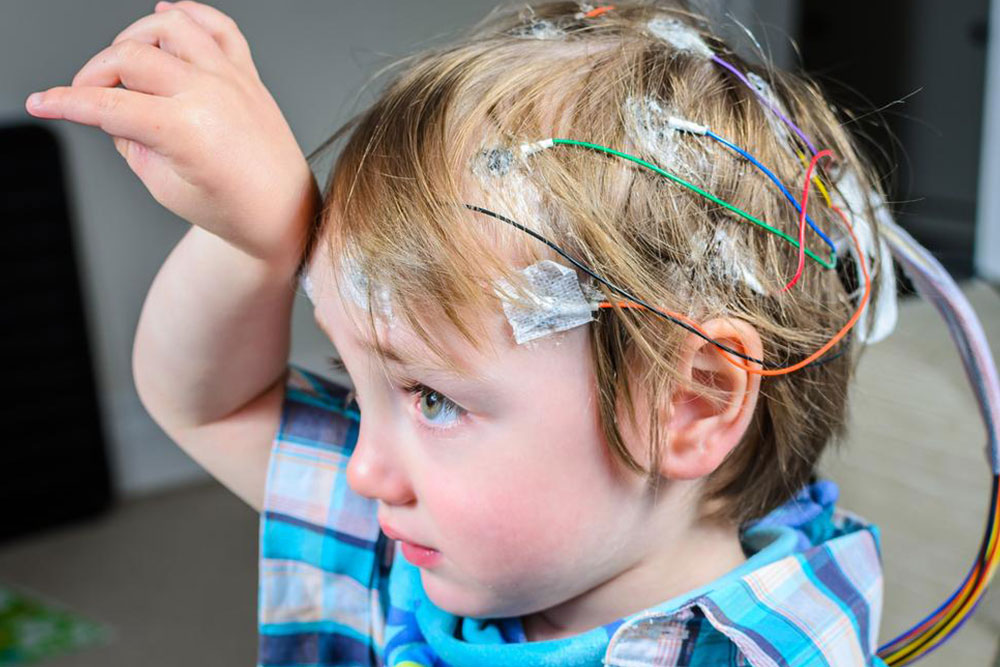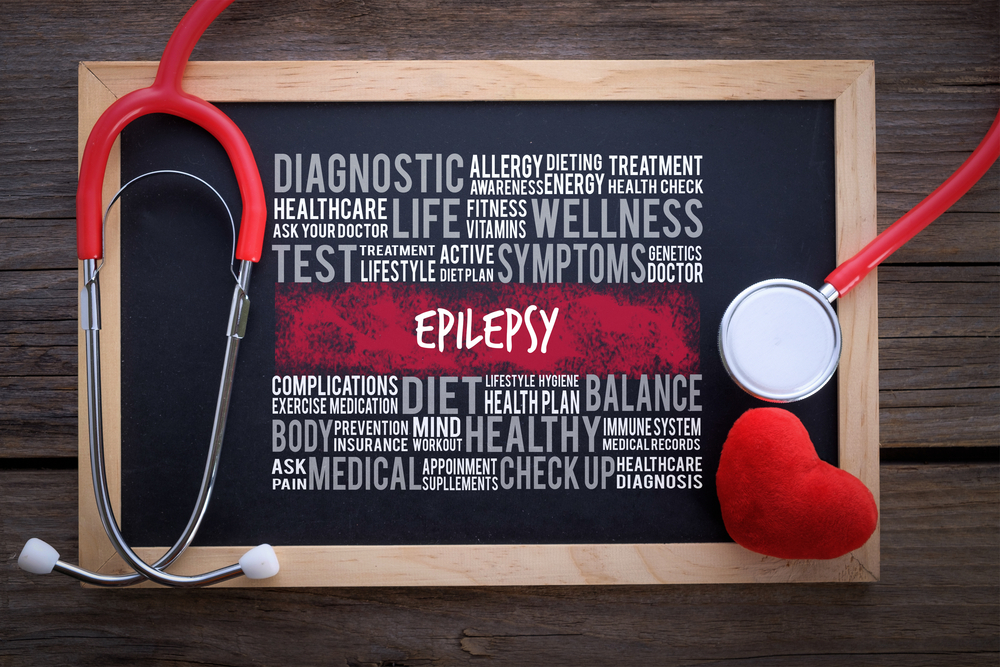How to Provide Help During an Epileptic Seizure
Learn essential steps to assist someone during an epileptic seizure. Stay calm, monitor the duration, clear the area, and ensure safety without restraining. Avoid inserting objects in the mouth and provide reassurance after the seizure. Proper response can significantly reduce injury risk and ease recovery for the affected individual.
Sponsored

Guidelines for Assisting Someone During an Epileptic Seizure
Epilepsy can lead to both physical and emotional difficulties for sufferers. The neurological disorder impacts the brain's nerve cells, causing them to send incorrect signals to the body, resulting in seizures. Repeated seizures can cause distress and social withdrawal. By offering prompt and correct assistance, you can help ease their suffering. Here are essential steps to follow if you encounter someone experiencing an epileptic attack.
Remain Calm - Staying composed is crucial. Witnessing a seizure can be frightening, but panicking may worsen the situation. Your calmness helps the person feel safe and allows you to act effectively.
Monitor Duration - Keep track of how long the seizure lasts. If it exceeds five minutes or if multiple seizures occur without recovery in between, seek emergency medical help immediately.
Clear the Area - Remove nearby obstacles or furniture to prevent injury. Ensure others nearby maintain distance to avoid crowding the individual, which can cause additional anxiety.
Avoid Putting Objects in Mouth - Never attempt to place anything in the person's mouth; this can cause choking or injury. Allow the seizure to run its course naturally.
Protect from Harm - Gently support the person to prevent falls or injury. Do not restrain movements but help guide them to the floor if needed, and keep their head safe from hitting surfaces.
Loosen Tight Clothing - Loosen any restrictive clothing around the neck or waist to facilitate breathing. If possible, seat the individual in a safe space once the seizure subsides.
Provide Comfort and Support - After the seizure, the person may be confused or exhausted. Reassure them and stay with them until full recovery. Offer assistance and comfort as needed.






